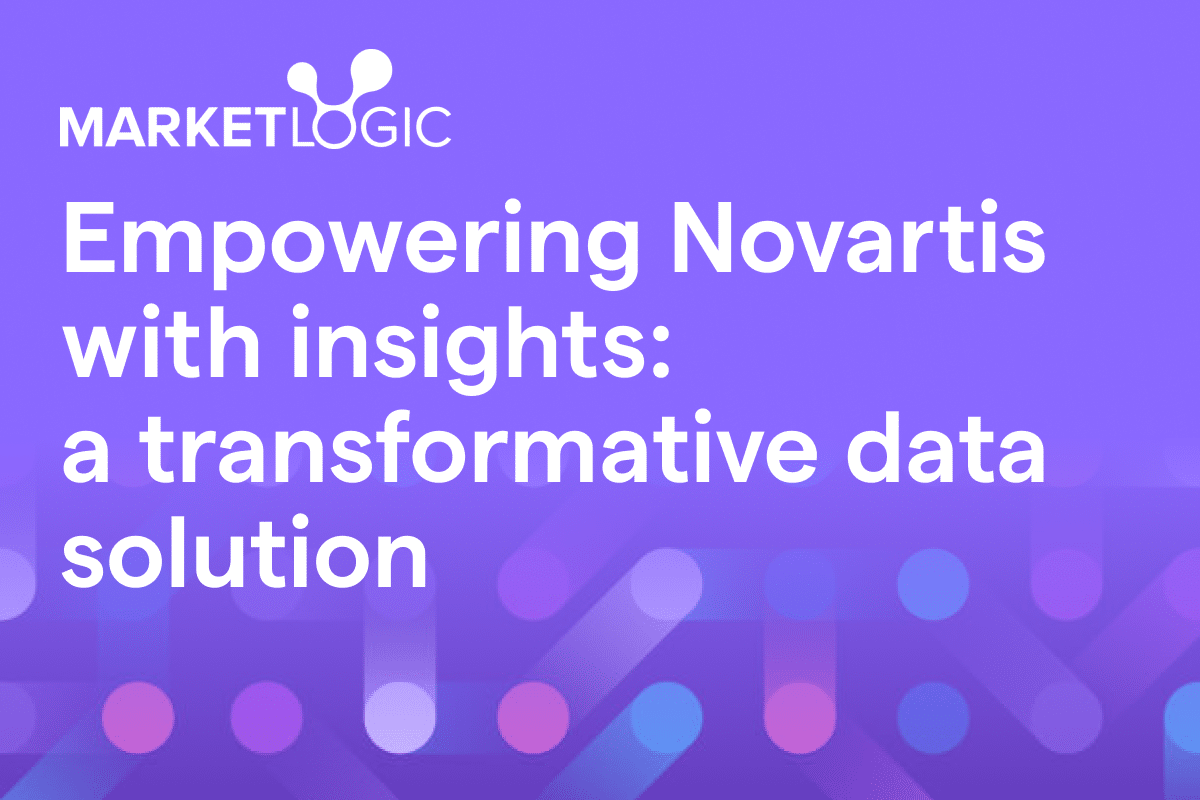At the 3rd Market Logic Executive Roundtable in Chicago October 2018, Paul Bould, VP Global Marketing Insights at Abbott Laboratories shared a detailed case study on deployment of their marketing insights platform, the Abbott ‘Insights Hub.’
Abbott Laboratories ‘Insights Hub’ fosters a culture of sharing and collaboration
Paul positions the Abbott ‘Insights Hub’ as a global insights platform that delivers organizational efficiencies with faster, more effective insights mining and learning.
As a decentralized organization, Paul’s insights team knew they needed a cross-divisional source of insights, expertise and knowledge to optimize costs and speed to insight. One of their key objectives is to uncover more opportunities to share pockets of excellence and “first-practices”.
Because the insights organization is an equal partner to marketing at Abbott, Paul positions the Insights Hub as the “connective tissue for insights across our business,” delivering fast access across corporate marketing and three business lines: nutrition, diabetes care and established pharmaceuticals.
The Abbott Laboratories ‘Insights Hub’ in numbers
The ‘Insights Hub’ includes 2,000 projects, 18,000 documents, 4,000 findings, 1,000 verbatims and over 500 innovation and communication concepts. A user community of 85 insights professionals and 500 marketers turn to the Hub to:
- Search and answer questions with one click
- Organize reporting with personalized updates
- Curate and promote core knowledge
- Task agencies to upload new results to the platform.
Impact delivered: the ROI of the Abbott Insights Hub and the road ahead
Before the Insights Hub, Abbott insight managers used to spend up to ten hours over two weeks hunting for answers to marketers’ questions from past research. Today, managers simply “search and get one piece of paper with all the answers, in an instant”.
With 6,000 searches conducted on The Hub in the last 12 months, that’s a potential saving of over 60,000 hours of time and effort — a little over 100 hours per user.
Paul presented a look into the future, sharing the next steps in the evolution of the Hub. These include insights automation to efficiently manage global teams from budget planning through to project execution, and expansion of research and content on the platform to include secondary sources and structured data.
Lessons learned from the Abbott Laboratories ‘Insights Hub’
To promote knowledge across the organization, the ‘Insights Hub’ provides knowledge zones where subject matter experts create magazine-style pages to “share thinking”. Paul also shared the following lessons learned from the deployment so far:
- Build on success – the Insights Hub’s value was proven in one division to argue the case for the next
- Create an ecosystem for agency partners to upload fresh results and curate knowledge
- Evaluate agency contributions to boost quality; keep the content flowing
- Market the platform to stakeholders with newsletters
- Proactively test and introduce new data.
Prove it: The importance of proving insights ROI
Paul emphasized that insights executives need to be able to prove the ROI of their insights across the organization, to multiple stakeholders — and hard metrics are most effective. He shared that Abbott Laboratories is a financially driven organization where leaders are required to report their contribution to sales shares and the bottom line every quarter.
Paul argued that efficiency savings can be readily identified, referring to speed to insight measures cited in his case study, and cost avoidance outcomes such as reduction in duplication of research projects.
By far the bigger challenge is to measure the impact of insights on effectiveness. For example, “how to measure the overall impact of an insight that is used ubiquitously on sales and market share?”
In the next phase of the Hub’s evolution, this workstream will be key.






